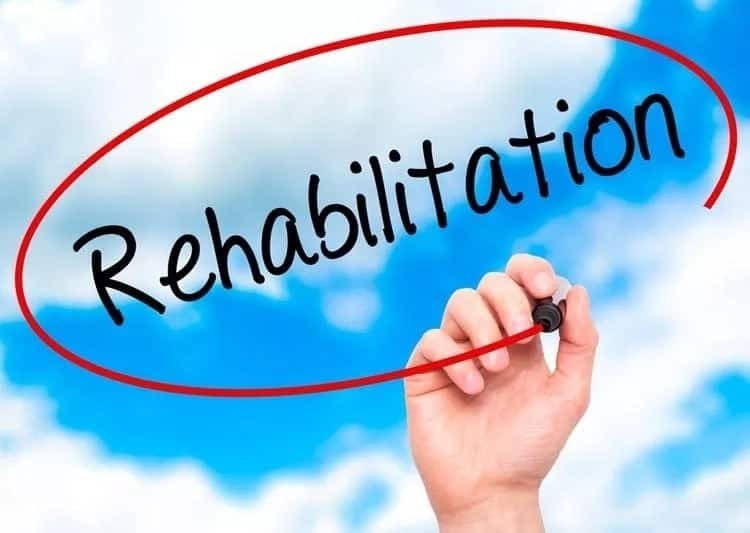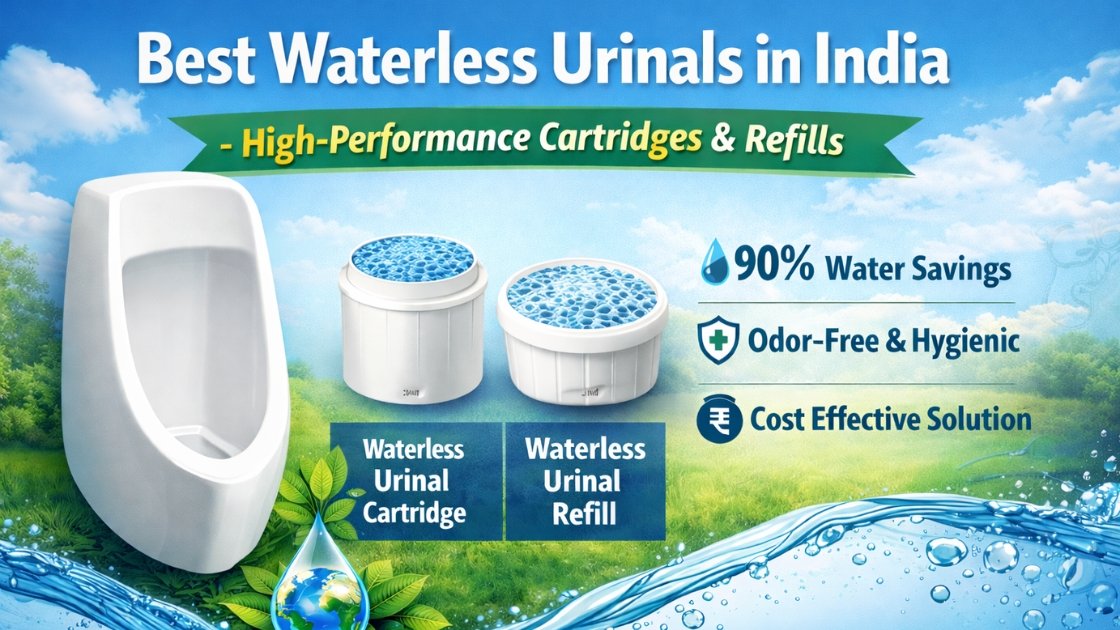Are you looking for a rehab facility for yourself or a loved one? What should you expect from the process? The rehab experience can be confusing and intimidating for first-timers. Some of the most common questions are: “What is a rehab like?” and “How long will it take?” The process of rehab intake begins as soon as a patient reaches the treatment facility.
The process of rehabilitation comes with certain administrative processes, medical examinations, and evaluations that are devised for everyone’s safety and to ensure a successful recovery process for the patient. Note that the rehab intake process varies between facilities and also depends on the severity of the patient. However, there are some common processes that are similar in almost every rehab facility. Moving Mountains Recovery explained them below.
Preliminary Assessment
The first step of rehabilitation is a preliminary assessment where the treatment providers will meet with the patient and his or her parents or guardians. They will review past medical records, conduct a short medical assessment, and let the patient speak to other professionals who will be assisting in the treatment. As a patient, you will be asked about your unique needs, expectations, and goals. According to the initial evaluation, you will be recommended the best treatment plan. Meanwhile, you can speak to your insurance company about all the benefits and coverage and apply for approval which might take up to a week.
Complete the Initial Paperwork
There might be certain documentation work during rehab admissions that you might have to agree to and sign. For example, you might have to provide your photo identification documents and health insurance information to make sure the payments are cleared. You might have to sign any applicable HIPAA forms and provide emergency contact information. You might also have to fill out administrative forms, billing information, and other financial paperwork. Finally, you may have to sign certain rules and regulation agreement papers that might vary from one treatment facility to the other and understand the guidelines upon which the center operates.
Personal Belongings Search
After all the administrative paperwork is completed, the rehab might conduct a personal belonging search according to their list of prohibited items. Some of the most common prohibited items are illegal drugs, alcohol, unprescribed medicines, weapons, pornography, offensive clothing, gaming devices, candles, and electronics. These items may be confiscated during the search after obtaining your luggage to be thrown away or returned after the completion of your treatment. They might also check if you have adequately packed for the rehab facility according to their guidelines.
Psychological Evaluation
Some rehabilitation centers might arrange for a meeting with a primary clinician for a psychological evaluation. It might come in the form of a brief discussion or a questionnaire that will feature you and your family’s medical history, chronic psychological symptoms, past history of substance abuse, existing mental health conditions, your treatment goals, existing family and society life, past experience with addiction treatment, and navigate through any concerns about the rehab process.
Continuing Improvement and Discharge Planning
Depending on your unique situation, your rehab center will most likely come up with an individualized plan for you. This plan can feature an insight into your expected outcome, taking into consideration conditions that are not immediately apparent. These can be brain injuries or difficulties with personality changes, or cognition issues during the treatment. They can also devise a discharge plan for your next phase of life and work towards a smooth transition into your home life or workplace. It can help to develop a personalized course throughout the process. You might also meet with different types of counselors who can make a workplace or home visit to provide helpful changes during the post-recovery period.
We understand that the rehabilitation process can be scary for the first time as you leave behind dependent substances and start an unfamiliar and new journey. So you can prepare for your rehab journey and initial processes by reading the above guide and setting some of your nerves aside. Always remember that every rehabilitation process starts with building a trusting relationship and an environment where you can feel comfortable and optimistic about a new future. The treatment providers of the rehab can help you to discover something that gives you a winning purpose and help to find the necessary motivation to win challenging situations. Every patient is unique, and so are their recovery and treatment needs. The above process can help the staff to identify your condition and details and set you up for success with personalized treatment plans that can help you in your everyday life post-rehab.



